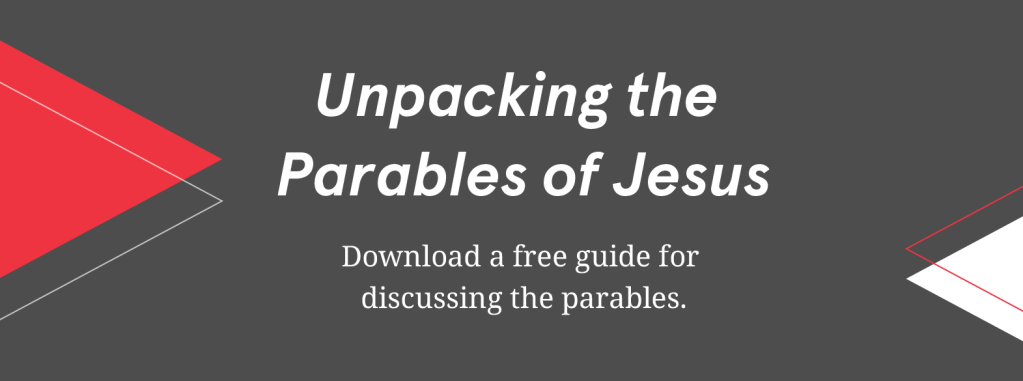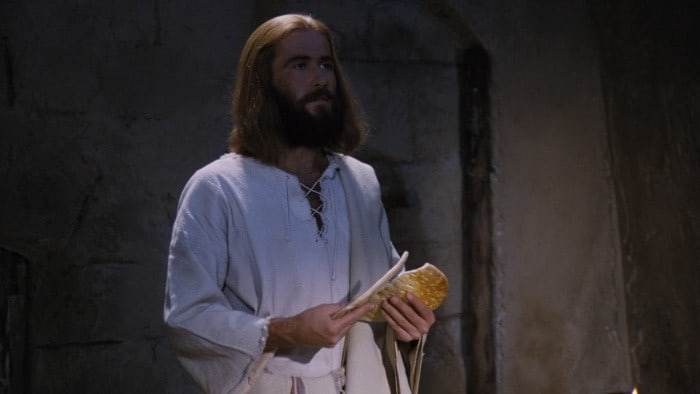Jesus presented some of His most memorable lessons as parables. One reason He used parables is for the helpful way they connected abstract spiritual truths with regular everyday activities. These stories empowered simple, uneducated people to grasp divine revelations.
The Parable of the Leaven is a perfect example. Both Luke and Matthew’s Gospels share this short but profound parable.
“Again He asked, ‘What shall I compare the kingdom of God to? It is like yeast that a woman took and mixed into about sixty pounds of flour until it worked all through the dough’” (Luke 13:20-21, New International Version).
What is leaven?
When someone was making bread in the first century, they’d throw in a little piece of dough that was held over from the last time they made bread. By this time that dough would have fermented and become leaven. When leaven was added to a new batch of bread, it would act like yeast, causing the bread to rise.
During certain holy festivals, Israelites were instructed not to eat bread that contained leaven:
“These are the appointed feasts of the Lord, the holy convocations, which you shall proclaim at the time appointed for them. In the first month, on the fourteenth day of the month at twilight, is the Lord’s Passover. And on the fifteenth day of the same month is the Feast of Unleavened Bread to the Lord; for seven days you shall eat unleavened bread” (Leviticus 23:4-6, English Standard Version).
Because of this, leaven became a metaphor for negative influence. That little bit of impurity that threatened to ruin an entire loaf. Jesus uses leaven this way when He tells the disciples, “Watch and beware of the leaven of the Pharisees and Sadducees” (Matthew 16:6, ESV).
But in the parable of the leaven, Jesus doesn’t seem to want His listeners to understand it that way.
Three things Jesus wants us to understand
Leaven provided a perfect image of the kingdom of God. Here are three points that Jesus intends for us to take away from this parable.

Leading a small group or Bible study?
Download a free copy of Unpacking the Parables of Jesus. This guide is packed with the necessary tools to lead your group through an insightful discussion of Jesus’ parables. You’ll find critical insights and thoughtful questions to help guide your group through Jesus’ essential teachings. You’ll also receive our bi-weekly JFP News, packed with films and resources to help you share Jesus’ story with the world.
1. The Kingdom starts humbly
When Jesus gives the disciples the Great Commission, He tells them that the kingdom of God will start with them. Through the power of the Spirit at Pentecost, the leaven of the gospel would begin to work its way through Jerusalem. From there, it would impact the rest of the world.
Like leaven, God’s kingdom would transform everything it touched, eventually changing the character of every culture.
2. The Kingdom’s work is unseen
God’s kingdom doesn’t grow on account of huge fanfare. For most of history, the gospel has been spread through the faithful work of committed people. In the same way that leaven alters dough in secret, the revolution of the gospel isn’t overt. As passionate individuals share their faith, the kingdom expands.
This is what Jesus was communicating when He told the Pharisees, “The coming of the kingdom of God is not something that can be observed, nor will people say, ‘Here it is,’ or ‘There it is,’ because the kingdom of God is in your midst” (Luke 17:20b-21, NIV).
The leaven works in secret, transforming people from the inside.
3. The Kingdom comes from the outside
Bread cannot leaven itself. In the same way, humanity was unable to manufacture the kind of changes required to reconcile with God. Through Jesus’ ministry, death, and resurrection, the leaven of the kingdom was kneaded into humanity-and through the Holy Spirit’s arrival at Pentecost, it was activated.
Humanity’s salvation had to come from the outside, and we can be thankful it did.
